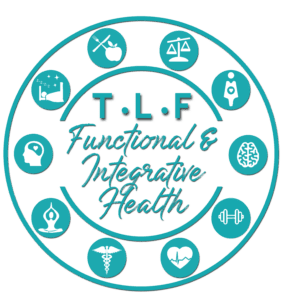September 26, 2019
For the first time, a study has shown that exercise has a direct biological effect on breast tumor gene expression, providing potential insight into previously reported links between exercise and lower mortality risk in breast cancer patients who exercise relative to those who do not.
“We only had observational evidence that exercise has an effect on mortality risk, but [until now] we had no direct evidence that its exercise per se that’s helpful,” Jennifer Ligibel, MD, Dana-Farber Cancer Institute, Boston, Massachusetts, told Medscape Medical News.
“So we were trying to establish whether or not there is a biologic basis for what we are seeing in these observational studies, and this is the first study that has shown that exercise can induce changes in a tumor in people. And these findings are similar to what has been seen in animal models, which gives [our findings] more validity,” she added.
The study was published online May 23 in Clinical Cancer Research.
The Pre-Operative Health and Body (PreHAB) study was a randomized window-of-opportunity trial carried out to assess the effect of preoperative exercise on tissue and serum biomarkers in women with newly diagnosed breast cancer.
Twenty-seven women were randomly assigned to take part in the exercise intervention; 22 control persons were assigned to a mind-body surgical preparation program in which they were given a book and a relaxation audio guide.
“Participants randomized to the exercise intervention received social/behavioral support to increase physical activity to 220 minutes of exercise per week, including 40 minutes of strength training and 180 minutes of moderate-intensity, aerobic exercise,” the researchers explain.
The intervention was delivered in two supervised exercise sessions of 60 to 90 minutes. The remainder of the exercise consisted of unsupervised aerobic training.
At baseline, women were inactive; they reported engaging in, on average, 49 minutes of moderate or vigorous physical activity per week.
The mean time between study enrollment and surgery was 29.3 days.
“Adherence to exercise intervention was excellent, with participants randomized to exercise increasing physical activity by more than 200 minutes/week,” the investigators note.
Among the control participants, time spent exercising after randomization increased by only 23 minutes per week, a difference between the two arms that was highly significant (P < .0001), the authors indicate. Tissue Biomarkers Tissue samples from baseline biopsy and surgical excisions were available from 39 patients. Analyses indicated that exercise did not alter proliferation, as reflected by a change in Ki-67 expression in exercise participants compared to control persons. Ki-67 is a proliferative marker linked to breast cancer prognosis. In animal models, exercise has been shown to reduce breast cancer proliferation.
